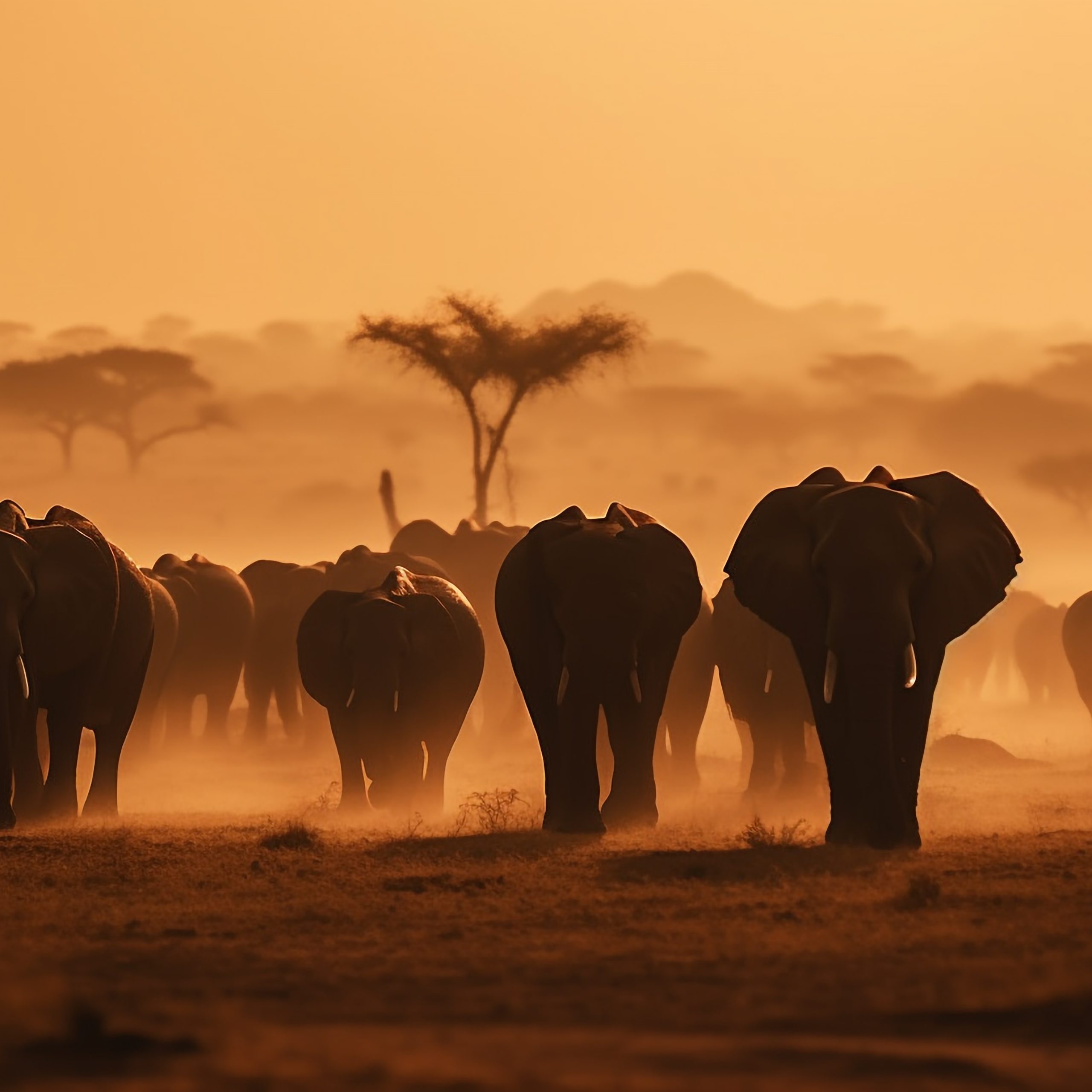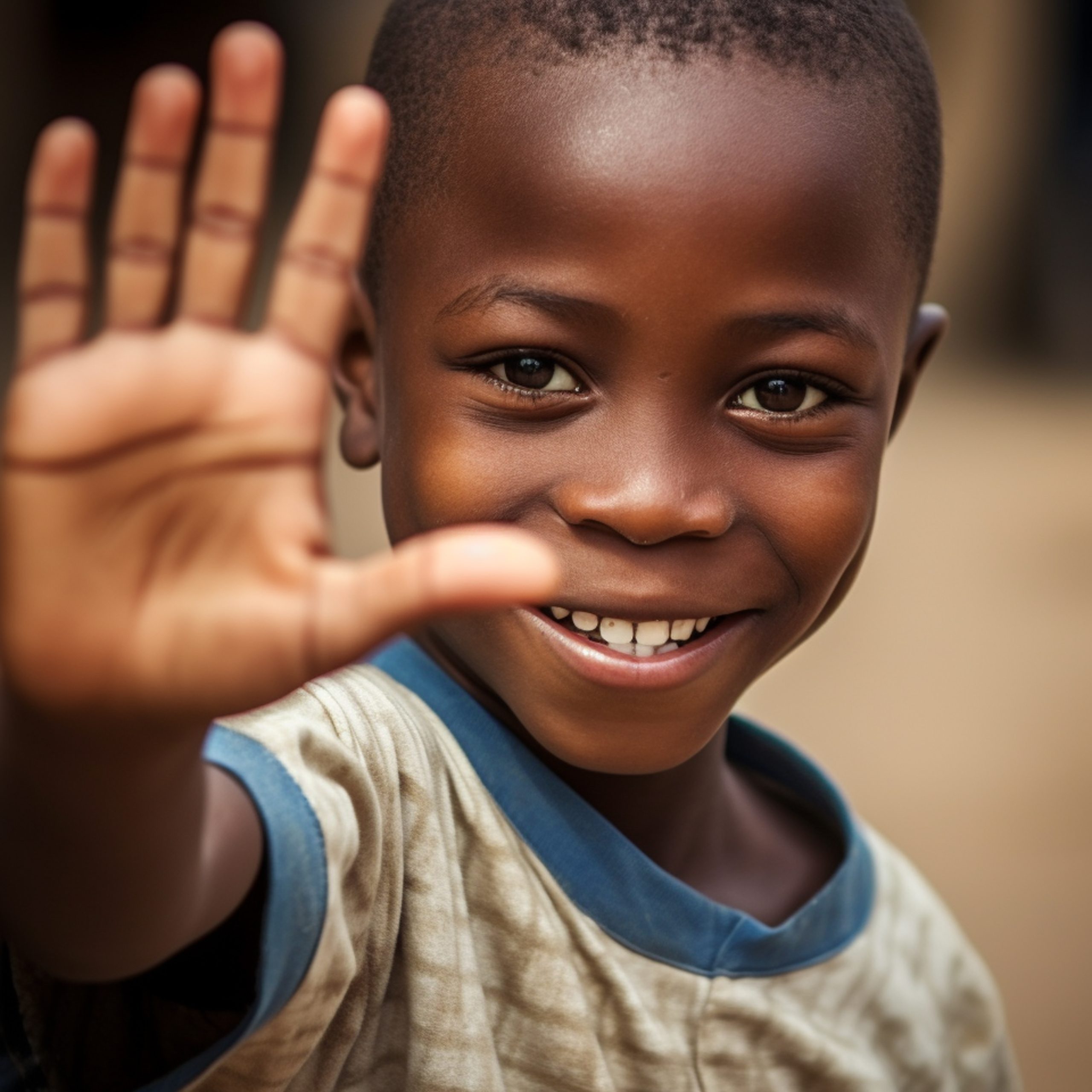BEHIND CLOSED DOORS:DOMESTIC VIOLENCE HAUNTING THE DRC
By Reagan Baseya Mbungu updated on July 23, 2024
Violence against women and girls remains one of the most widespread and worrying human rights violations worldwide, and this is particularly true in the Democratic Republic of Congo, where prevalence rates are alarmingly high. Among the various forms of violence, domestic violence stands out for its insidious nature, hindering women’s right to participate fully in public life on an equal footing. These acts of violence inflict physical, sexual and psychological suffering, engendering a climate of fear and coercion in both the private and public spheres.
A study by the Réseau des femmes élues locales d’Afrique reveals that almost six out of nine women (65%) in Central Africa are victims of domestic violence. During the Covid pandemic, this was higher according to studies conducted in various countries. In DRC, a report by the Women’s International League for Peace and Freedom (WILF) indicates that some 53% of women have suffered domestic violence, with 45.3% reporting that they have been injured or hit. This violence takes two main forms: physical violence, including beatings, wounds, torture and murder, and social and psychological violence, which is often less visible but just as devastating.
This psychological violence takes the form of intimidating behavior, restrictions on movement, humiliation and threats, creating a harmful and stigmatizing environment, particularly for infertile women. Not only do these atrocities seriously affect women’s lives, but they also hinder the socio-economic development of the DRC as a whole.
The latest scandal to rock our community concerns the former Vice-Minister of Hydrocarbons, Moussa Mondo, who was sentenced on April 16 by the Kinshasa-Gombe High Court to 20 years’ imprisonment for “assault and battery resulting in the death” of his Madagascan wife, Alisa Khadidja. This tragic event took place after Mondo escorted his wife to hospital, where she succumbed to injuries he had allegedly inflicted on her.
This tragedy has brought to light crucial issues linked to domestic violence, a subject that had not been heard of for some time, not for lack of interest, but because of the taboo that surrounds this scourge. This case has rekindled the debate on violence against women, highlighting the dangers they face, as well as the risks associated with the silence they often maintain in the face of such abuse.
As a result, it’s vital to examine the suffering and threats facing women in general, as well as the destruction this silence can wreak. Before exploring these questions in depth, it is essential to grasp the socio-cultural climate in which women evolve in the DRC. This context, often marked by inequality and persistent stigmatization, plays a decisive role in the way domestic violence is perceived and combated.
A Rooted Scourge of Male Mentality: When Culture Justifies the Unacceptable

The trivialization of domestic violence in DRC is first and foremost the reflection of a mentality deeply rooted in society, based on a perverted vision of gender roles. Indeed, despite the alarming number of women who are victims of domestic violence, very few dare to denounce these abuses. This reluctance is largely due to the perception of such violence as a private matter, often considered a taboo. From an early age, women are taught not to “wash their dirty laundry in public.”, a maxim that encourages them to preserve the facade of a united family, even at the expense of their personal well-being.
In this climate, many women are loyal to partners who are often perceived as “good husbands” or “good fathers”, whereas in reality, behind closed doors, these men are abusive, devoid of morals or remorse. This dichotomy is rooted in an upbringing that, from childhood, instills in these men the idea that women are inferior beings, rarely deserving of respectful treatment. What is more, many of them reproduce the cycle of violence they experienced in their own childhood, growing up in dysfunctional homes. In an environment where violence is normalized, they find few voices to explain to them that such behavior is unacceptable.
Women, in this context, are often reduced to domestic roles, stripped of their fundamental rights, and regarded as slaves subject to their “master”. They suffer violence at the hands of their partners, who should be their allies and protectors, but who often turn into oppressors. This dynamic is exacerbated by customs that place women in an inferior position to men.
Their suffering comes not only from their spouses, but also from their in-laws, who support this violent behavior on the pretext that, having paid the dowry, their sons have a right of ownership over their wives. In this culture, women who try to emancipate themselves are perceived as incapable of maintaining a home, because a “good woman” is one who endures, even at the risk of her life. The idea that a woman must not tarnish the reputation of the couple or her husband, the one who has “honored” her in the eyes of society, contributes to the isolation and stigmatization of victims of domestic violence. This complex societal mechanism reinforces the chains of violence and submission, making a change of mentality urgent and necessary.
Many mothers find themselves trapped in a cycle of domestic violence, often paralyzed by the fear of seeing their children deprived of their husband’s support. The latter frequently uses the threat of withdrawing material support as a means of blackmail, forcing them to remain in a toxic relationship. These women become part of what is known as the “FC Kanga Motema”, a Lingala expression that translates as “catch your heart or suffer in silence”. This phrase, recurrent in the Congolese community, encourages victims of domestic violence to endure physical and psychological abuse, prompting them not to challenge or denounce their partners.
Statistics from the Demographic and Health Survey (EDS) reveal an alarming reality: 49% of survivors of domestic violence have not sought help or told a third party, while 61.5% of women believe it is justifiable for a husband or partner to beat his wife. This trivialization of violence is rooted in deeply rooted cultural beliefs, where abuse is often perceived as a form of punishment for behavior deemed inappropriate. Just as a child would be punished for making a mistake, abusers see violence as a legitimate response when their wives fail to live up to their expectations.
For some women, violence is even interpreted as proof of love, a conception largely fueled by films that romanticize abuse. They believe that if their partner doesn’t hit them or “correct” them, it means he doesn’t love them. This distorted vision creates an emotional dependency, pushing some women to test the limits of their partner’s patience, in a quest to prove his virility. This cycle of violence and manipulation leads to increased toxicity within the couple.
In addition, social pressure and religious beliefs play a crucial role in women’s decision to remain in abusive situations. In this society, adultery is often the only reason considered valid for a justified divorce or separation. Many hopes for change, believing that their partner will eventually evolve and become a “better man” and a “better father”. This desire for improvement is often accompanied by the fear of being judged as women who have abandoned their homes, reinforcing their submissiveness.
It’s important to note that even men perceived as virtuous can turn out to be the most violent. The tragic example of Pastor Jean-Pierre Mangwangasa, who stabbed his wife and daughter to death in Kinshasa in a fit of anger, illustrates this reality. These tragic events show that appearances can be deceptive, and that behind smiles often lie sinister truths.
Moreover, numerous factors discourage victims from turning to the police. Many fear reprisals or prefer to settle disputes in private, convinced that the authorities will not provide the necessary help. Complaints are often not followed up by concrete action, leaving victims feeling abandoned and powerless.
Perversion of the Echoes of Women’s Suffering leading to a crime of passion

Domestic violence is often seen as an inescapable reality in our society, where physical and emotional abuse are trivialized and, in some cases, encouraged. For many men, hitting their wives is not only accepted, but seen as a sign of pride and control. This unhealthy perception, which can go as far as to be rewarded as proof of virility and absolute power over one’s partner, is usually the result of sick jealousy, excessive possession, narcissistic tendency, and in the most tragic cases, alcoholism, or other forms of addiction. Women who fall victim to these behaviors then endure a cycle of violence that only gets worse, keeping them in a situation of insecurity and suffering.
This violence takes many forms, from verbal insults to physical blows and emotional abuse. Women often find themselves in a situation of overwork, victims of economic violence that deprives them of their resources. This includes total control of their finances, denial of access to gainful employment, or exclusion from family inheritance as punishment for behavior deemed reprehensible. This dynamic creates an environment where submission becomes the norm, leaving little room for women’s freedom and autonomy.
Considering this reality, it’s crucial to educate young girls on the importance of asserting themselves and recognizing their intrinsic value. It is imperative that they learn to say no, and to guard against a cycle of violence that could cost them dearly, even their lives. From an early age, they need to be made aware of the warning signs of violence, understanding that behaviors such as small insults or slaps can be clues to an escalation to more serious abuse. These situations can not only affect them, but also have disastrous repercussions on the lives of their children.
Some women may also be confronted with partners who hide their true nature, putting on a positive face until they commit. It’s essential to know when it’s time to pull back and say no. Not all men are problems that can be solved; only an individual who is aware of his mistakes and willing to change deserves a second chance. Don’t put your life at risk to conform to the expectations of a society that values unfair and outdated standards.
This is not just an African problem, but a situation faced by many women around the world. Education and financial independence are empowering women to stand up and speak up against this injustice. It is important that this unacceptable issue of domestic abuse is considered unacceptable and an infringement of human rights.
Remember, no reward will ever be given for persisting in a dangerous situation. Your value is not measured by your marital status or your relationship. Society may lead us to believe that a married woman or a woman in a relationship is more valuable, but it’s important to remember that it’s not at any price, and especially not at the cost of your life. You deserve much better.



